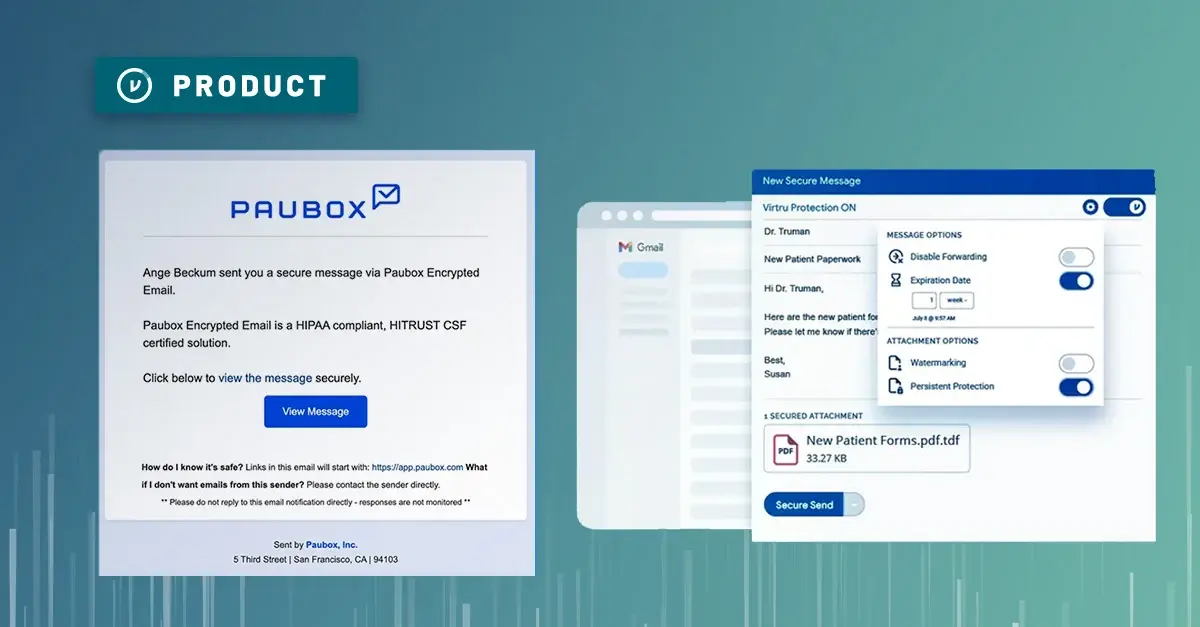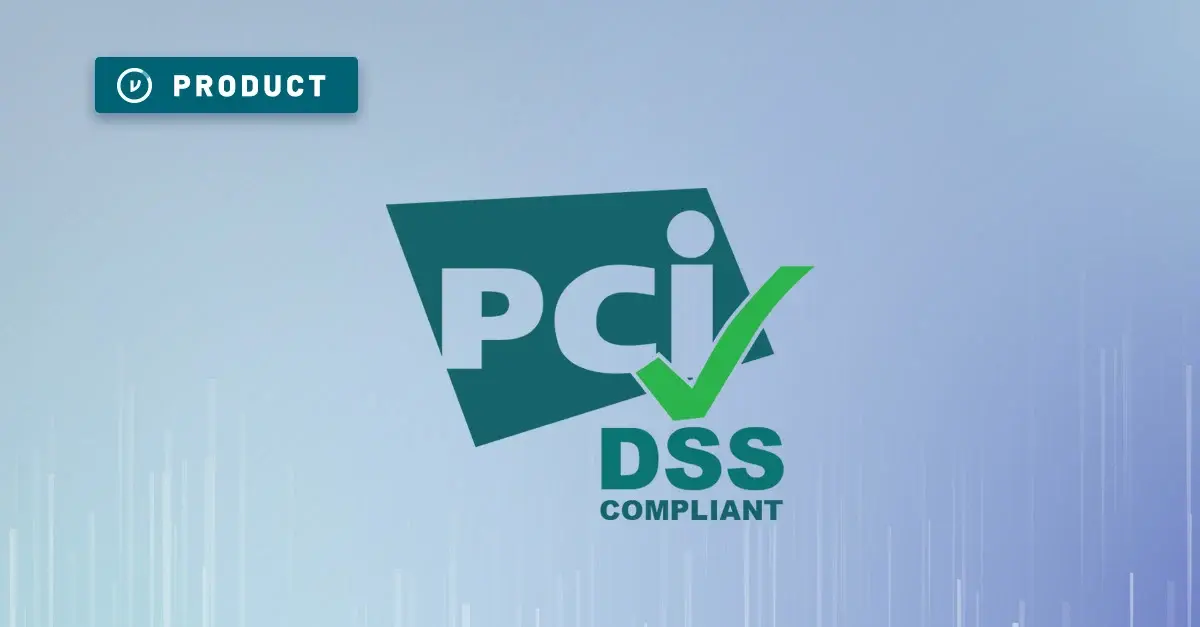TABLE OF CONTENTS
See Virtru In Action
/blog%20-%20zero%20trust%20offense/football-playbook-chalkboard-01.webp)

Sign Up for the Virtru Newsletter
/blog%20-%20zero%20trust%20offense/football-playbook-chalkboard-01.webp)

As structured and unstructured data volumes explode exponentially, one thing is clear: Data is the most valuable resource in the digital world. Organizations that can responsibly access, control, and extract value from data will win.
With data growing more valuable by the second, 100% of digital identities, whether human or machine, seek out data relentlessly. However, only 1% of these identities exhibit clearly malicious intent to steal this data for nefarious purposes. The other 99% of identities seek various levels of access to data for purposes of conducting legitimate business.
Shockingly, $180B (98%) of annual cybersecurity budgets are focused on protecting data from the 1% minority threat of theft and destruction. Very little budget — only $5B (2%) — is focused on enabling responsible, secure data access and sharing with the 99% of identities that drive business value.
Consequently, Zero Trust security postures today are imbalanced; over-indexed on playing defense by implementing perimeter-centric controls to keep data from being stolen by a relatively tiny, but very active, group of hackers. Conversely, Zero Trust postures are under-indexed on playing offense, and not doing enough to implement granular, data-centric controls to maintain privacy and ownership over data that must be shared with partners in the name of driving business productivity.
Forward-thinking organizations now recognize the need to balance Zero Trust data security (defense) with Zero Trust data sharing (offense). By integrating granular, cryptographic controls into major collaboration channels like email, files, SaaS apps, and data lakes, they can share more data with more counterparts while maintaining compliance, data governance, and productivity.
The leading solution to enable seamless and secure Zero Trust data sharing while maintaining compliance, privacy and data control is Virtru. Powered by the open Zero Trust Data Format (ZTDF) standard, Virtru completes the data control plane to enable balanced Zero Trust at scale by:
By leveraging Virtru's Zero Trust data sharing platform powered by ZTDF, organizations can finally balance their defensive Zero Trust security posture with an offensive data sharing posture. This gives them the power to responsibly tap into the exponential value of data in the digital economy. The future of Zero Trust requires offense, not just defense. Playing offense demands robust and granular policy controls at the intersection of data and identities — and Virtru delivers this.
To learn more about how Virtru can enable a stronger offense for your Zero Trust data posture, contact our team for a demo.

A proven executive and entrepreneur with over 25 years experience developing high-growth software companies, Matt serves as Virtru’s CMO and leads all aspects of the company’s go-to-market motion within the data protection and Zero Trust security ecosystems.
View more posts by Matt HowardSee Virtru In Action
Sign Up for the Virtru Newsletter




/blog%20-%20HIO%20Maya%20HTT/Maya-HTT-Level-2-lessons%20copy.webp)

/blog%20-%20cmmc%20level%203/CMMC-LEVEL-3.webp)

/blog%20-%207%20Healthcare%20Vulnerabilities/7-hipaa-vulns.webp)
/blog%20-%20please%20delete%20that%20email.%20domain%20wide%20protection/please-delete-that-email.webp)
/blog%20-%20next%20breakfast/next-breakfast-2.png)
Contact us to learn more about our partnership opportunities.